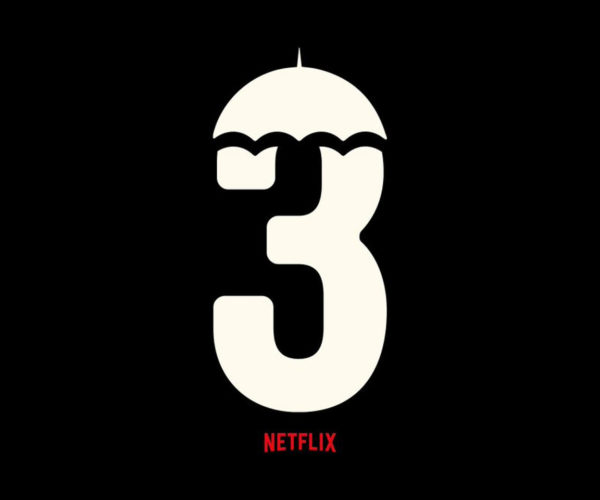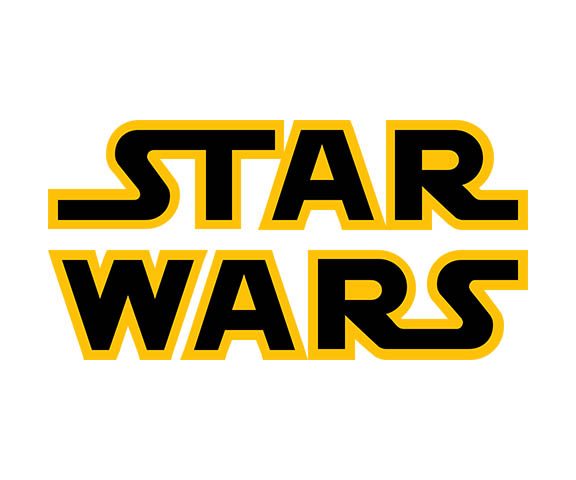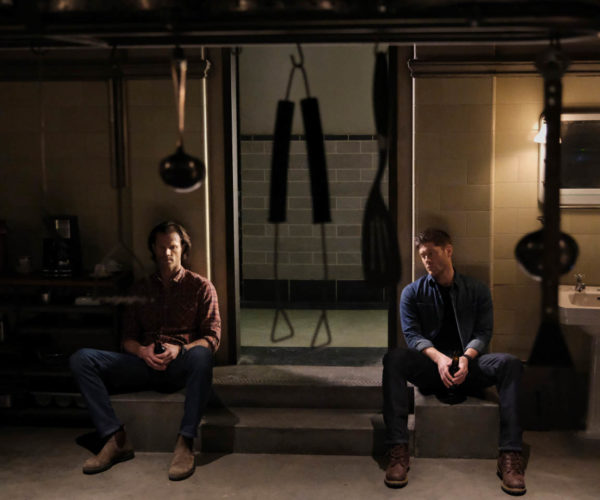Entertainment news was rocked on Wednesday night as Warner Bros. announced that Wonder Woman 1984 will be heading to HBO Max and theaters at the same time.
Advertisement
After months of speculation, Warner Bros. made it official and announced that Wonder Woman 1984 will head to theaters and HBO Max on Dec. 25 in the U.S. Outside of the domestic market, select areas will see the film head to theaters on Dec. 16.
This is the second big film to be pushed to a streaming service in the midst of the holiday season as the coronavirus continues to rage across the world. The first was the announcement that Pixar’s Soul will be on Disney Plus beginning on Dec. 25.
Unquestionably, part of these decisions was made by the circumstances created by the coronavirus pandemic. However, it may also just be an escalation of an inevitable shift in the world of entertainment.
Recurring Revenue
Streaming has clearly been making giant gains as evidenced by the news that Disney Plus has already surpassed 73.7M subscribers in just one year. That had been the target number for the fifth year of the service. Disney is clearly on fire when it comes to picking up subscribers, and with that comes a reliable and steady stream of revenue from monthly fees.
And that is where this becomes a far more attractive alternative to movie theaters. Every time a studio sends a film out into the world, it’s a gamble. There are the initial production costs, the marketing costs, distribution costs for foreign markets, and so on. Or you can release a film to a streaming service and cut out an enormous share of those costs and view it as customer retention and acquisition costs which are reduced by their lifetime spend.
In the world of recurring revenue, you have two major numbers to figure out: Customer acquisition – the amount it costs you to acquire that customer – and their lifetime spend – the amount they will spend over the lifetime of their membership.
Sending a film like Wonder Woman 1984 with an estimated budget of $200M dollars seems insane on the surface, but how many new subscribers will join HBO Max because of it? And once through the door, how many of them will stay with the service for one month? Three months? A year? The longer they stay, the further it reduces what it cost to get them in the door.
What Next?
Advertisement
Disney and Warner Bros. are both taking risks here. The change in release plans for Soul seems a little bit less like a gamble, but it’s still a loss of short-term revenue for the studio. Wonder Woman 1984 will be a hard one to determine due to its truly hybrid release and the fact it will only stay on HBO Max for 30 days. But we also have two other examples already.
While these are the two everyone is discussing right now, let’s not forget that Disney already released Mulan on Disney Plus (albeit at an additional fee), and Witches went straight to HBO Max in the U.S., but did hit theaters internationally. It’s pretty clear at this point that the studios are testing multiple models to see which one is the most sustainable solution. The two biggest studios are both testing the waters in various ways, and that means that some form of this plan will be with us for some time to come.
Disney is scheduled to hold a virtual investors meeting on Dec. 10 where it will reveal major plans for the future of streaming. I know I am not alone in this thinking, but I am not being shy telling people that I feel it will be announced that Black Widow is heading to Disney Plus within days of that meeting, if not immediately.
Disney has a problem on its hands with a backlog of Marvel products to put into theaters. It is going to have difficulty finding enough weekends to release all of the films with what is currently completed combined with what is in various stages of production. Black Widow is a completed film sitting on the shelf and it would be a fast and easy release to put it on Disney Plus and would certainly show the studio’s faith in the future of the platform.
It would also be sure to add a few more people to the subscription base and give a few more existing subscribers all that more reason not to cancel their subscriptions any time soon.
Is This Sustainable?
The complete change in distribution models is not going to happen any time soon. As theaters reopen in the waning days of the pandemic, movies will begin to return to the silver screen in larger numbers, but the proverbial genie is out of the bottle, and it’s not going to be easy to put back in.
There are creatives who believe only in the communal viewing of their works, and there are fans who feel that is the only way to view them. The theatrical experience will more than likely never completely disappear, but the heyday of seeing gigantic box office returns is more than likely in our rearview mirror.
This will be a mixture of consumers discovering how much they enjoy viewing entertainment in the comfort of their own home, theaters trying to figure out how to lure consumers back, and studios falling deeper in love with a reliable revenue stream that is steady and not susceptible to things such as pandemics. Sure the studios will make a bit less money on gross revenue, but they will never need to worry again about whether or not they’re sending a film into a theater that could be closed down on a moment’s notice.

















